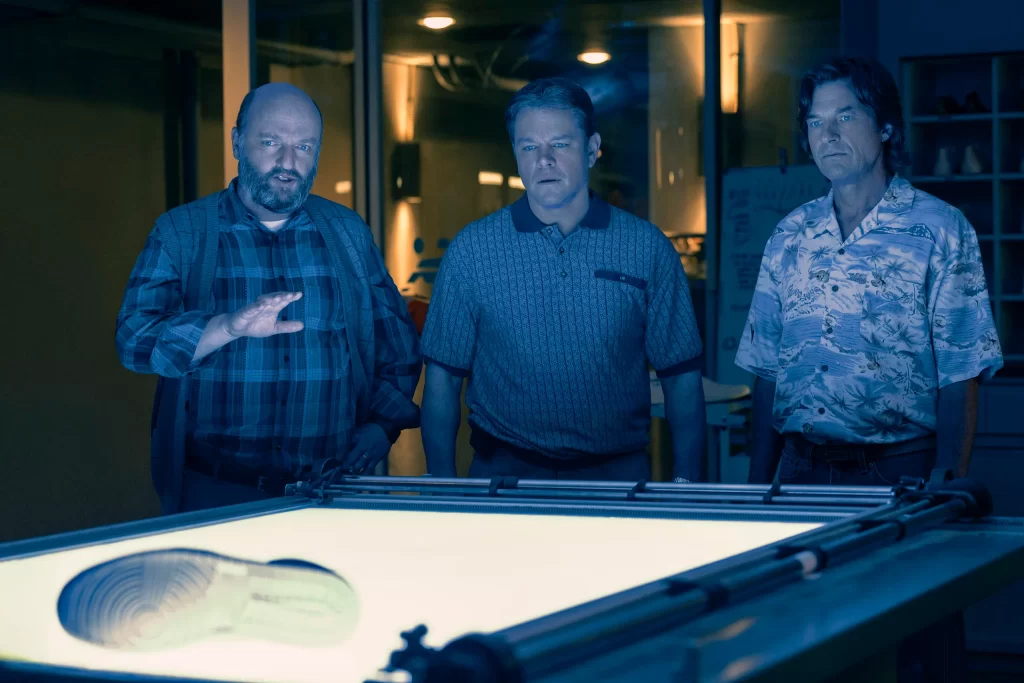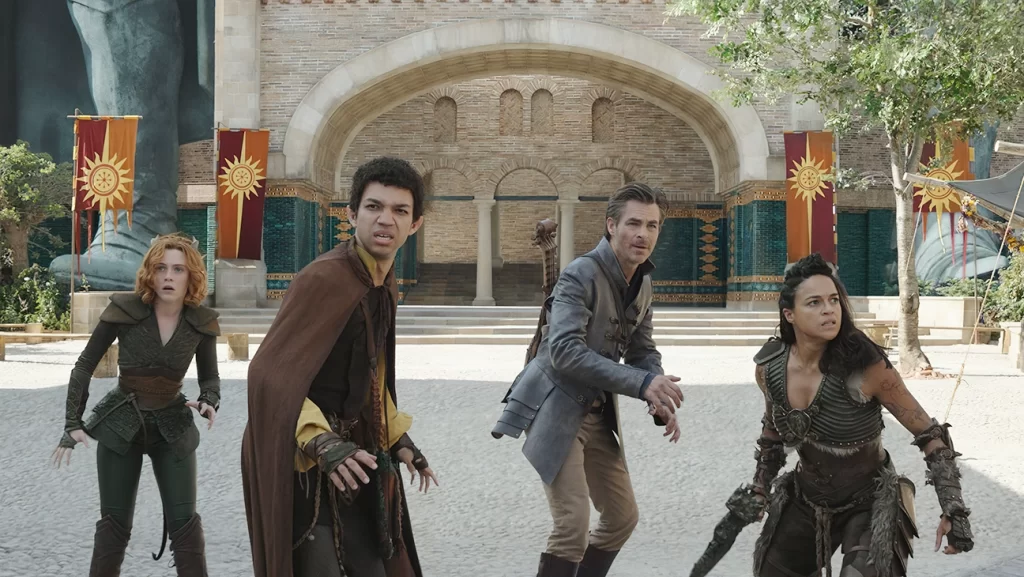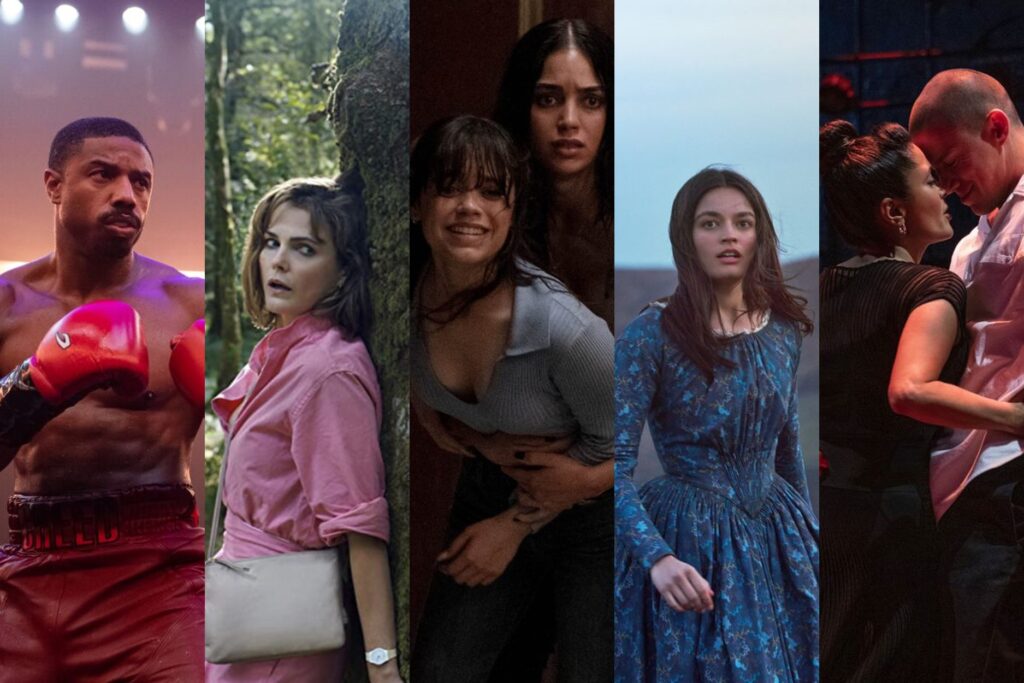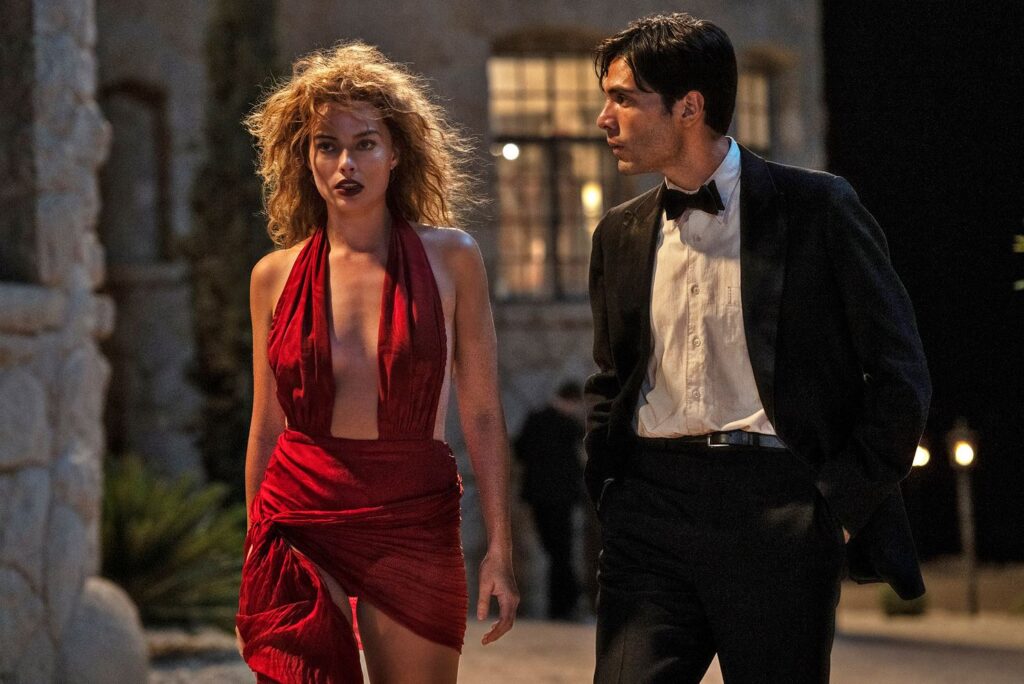Air: Shoe de Grâce

It’s 1984, and Air, the new movie by Ben Affleck, wants to make sure you know that. It opens with a blizzard of archival footage and pop-culture clips—the soundtrack quickly shifts from Dire Straits to Violent Femmes—transporting you to the halcyon era of the Ghostbusters, that Apple commercial, and Mr. T. Yet for Affleck, nostalgia is more than a fuzzy feeling; it’s a mode of filmmaking. He fancies himself a throwback—an old-school artisan in the vein of Howard Hawks—which is why his prior feature, the noir flick Live by Night, attempted to echo classic gangster melodramas to the point of embalmment. Air, about Nike’s quest to sign Michael Jordan to an endorsement deal (it was marketed with the subtitle “Courting a Legend”), is a less self-serious picture, and also a more enjoyable one. Watching it is a bit like watching a highlight package of an old sporting event you’ve heard about but never saw live: You can appreciate the talent and the craft on display, even though you already know which team wins at the buzzer.
Speaking of highlights, that introductory blitz isn’t the only time Affleck dips into montage. Though Air takes place exclusively during the year of “Sister Christian” and Beverly Hills Cop—Harold Faltermeyer’s famous synth theme for the latter appears on the soundtrack, even though it wasn’t released until months after the shoe signing (one of many factual liberties cheerfully taken by Alex Convery’s script)—at one point it suddenly travels through time, revealing grainy footage of classic Jordan moments (the hanging game-winner against Cleveland, the lefty layup versus the Lakers, etc.). It’s an understandable impulse, because despite being branded as a sports movie, Air features vanishingly little action or athleticism. In fact, its hero is a paunchy middle-aged white guy who can’t even manage one lap around the track. Read More




